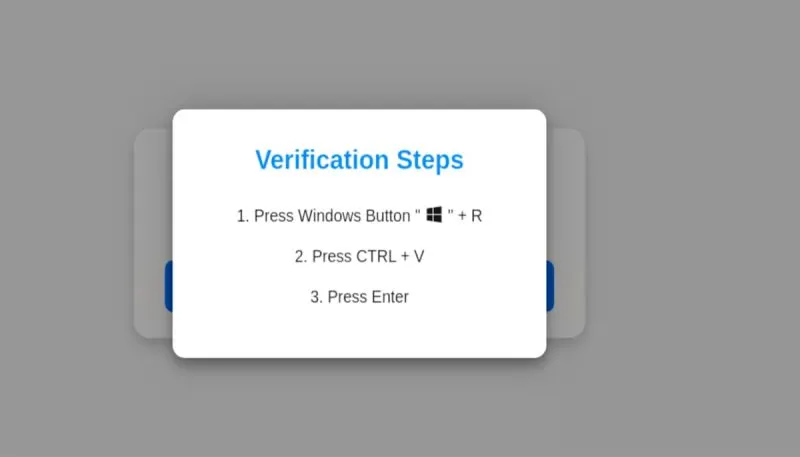7 Basic Things To Know Before Going Into Tech

The tech industry is booming, offering endless opportunities in various fields, from software development to UI/UX design, data analysis, and product management. However, stepping into tech requires more than just an interest in gadgets and computers. You need the right mindset, skills, and approach to succeed.
Whether you’re transitioning into tech from another career or starting fresh, here are seven fundamental things you must know before taking the plunge.
1. Hard Work is Non-Negotiable
One of the biggest misconceptions about tech is that it’s an easy path to making money. Many people assume that as soon as you land a tech job, you start earning big. However, the reality is different. Tech is a fast-paced, competitive industry where you must continuously prove yourself.
To succeed, you must put in the effort to learn, practice, and refine your skills. Coding, designing, or analyzing data requires dedication, and it takes time to become proficient. The key is consistency—regularly dedicating time to your craft will separate you from those who give up too soon.
Even experienced tech professionals constantly work hard to stay ahead. Technologies evolve, and the only way to remain relevant is by putting in the effort to keep learning.
2. You Don’t Need a Computer Science Degree
Another common myth is that you must have a degree in Computer Science (CS) to work in tech. While having a CS background can be beneficial, it is not a requirement. Many tech roles don’t require programming knowledge at all.
For example, you can be a:
- Product Manager – Focuses on product development, user experience, and business strategy.
- Technical Writer – Creates documentation, tutorials, and guides for software and hardware.
- UI/UX Designer – Works on user experience and interface design for apps and websites.
- Cybersecurity Analyst – Protects systems and networks from cyber threats.
If coding isn’t your strength, you can still find a rewarding career in tech by exploring other roles that match your skills and interests.
3. Problem-Solving Skills Are Essential
Tech is all about solving problems. Whether you're writing code, designing an app, or analyzing data, your main job is to find solutions.
This means you need to develop a problem-solving mindset. Learning how to break down complex issues into manageable parts will help you succeed in any tech role.
To sharpen your problem-solving skills:
- Practice coding challenges on platforms like LeetCode, Codewars, or HackerRank.
- Watch problem-solving videos and tutorials.
- Engage in projects that push you to think critically.
- Learn from experienced professionals in your field.
Critical thinking and analytical skills will set you apart and determine how well you thrive in the industry.
4. Continuous Learning is a Must
Tech evolves rapidly. The programming languages, frameworks, and tools you learn today might become obsolete in a few years. This means you must constantly update your knowledge.
The best tech professionals dedicate time to continuous learning. They take courses, read articles, attend workshops, and experiment with new technologies.
Here’s how you can stay updated:
- Follow tech blogs and websites like TechCrunch, Wired, and Medium.
- Take online courses on platforms like Udemy, Coursera, and freeCodeCamp.
- Join open-source projects to gain real-world experience.
- Subscribe to YouTube channels that focus on your area of interest.
Never assume you know enough. The more you learn, the more valuable you become in the tech industry.

5. Collaboration is Key
Tech is rarely a solo endeavor. Even if you’re an independent freelancer, you’ll often need to work with clients, developers, designers, or project managers. Collaboration is essential.
Companies prioritize teamwork because it leads to innovation and efficiency. Being able to communicate effectively, share ideas, and work with others will improve your career prospects.
Ways to develop collaboration skills:
- Contribute to open-source projects.
- Work on team projects in coding bootcamps or online communities.
- Join hackathons where you collaborate with different tech professionals.
- Learn how to use team communication tools like Slack, Microsoft Teams, and Trello.
The better you collaborate, the easier it will be to grow in your tech career.
6. Find Your Passion
Before jumping into tech, ask yourself: Why am I doing this? Are you pursuing tech purely for money, or do you genuinely enjoy building things, solving problems, or designing products?
Tech is challenging, and if you’re only in it for financial reasons, you might lose motivation when things get tough. Passion is what keeps you going when you face obstacles.
Take time to explore different areas in tech. Some people love front-end development because they enjoy creating user interfaces, while others prefer cybersecurity because they like protecting systems from hackers. Find what excites you the most and focus on it.
7. Join a Tech Community
One of the best things you can do as a beginner in tech is to join a community. Tech communities provide mentorship, networking opportunities, and access to valuable resources.
Being part of a community helps you stay motivated and learn from others. You can get career advice, find coding partners, and even land job opportunities through community connections.
Some great tech communities include:
- GitHub – A hub for open-source collaboration.
- FreeCodeCamp – Provides free coding resources and an active forum.
- Dev.to – A community for developers to share insights and experiences.
- Tech Twitter & LinkedIn – Follow industry leaders and join discussions.




















Comments